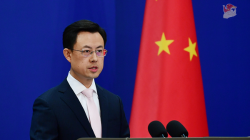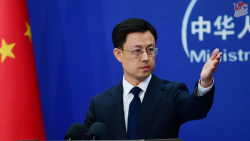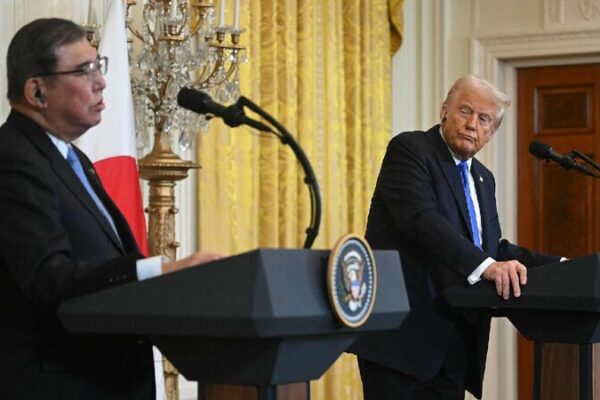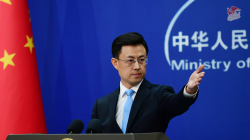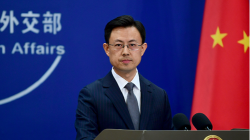Beijing — China has urged Japan to adhere to the one-China principle and honor the spirit of the four political documents between the two nations, calling on Tokyo to stop sending conflicting signals regarding the Taiwan issue.
Chinese Foreign Ministry spokesperson Guo Jiakun made the remarks during a regular press briefing on Monday. The statement comes in response to the Japanese Ministry of Justice’s recent move to revise its family law regulations. The proposed revision would allow Taiwan, Palestine, and other non-national regions to be listed as places of origin for individuals from those areas, potentially enabling residents of Taiwan to be identified as coming from Taiwan rather than China.
“Taiwan is an inseparable part of China’s territory, and people across the Taiwan Strait belong to the same Chinese nation,” Guo emphasized. “The Taiwan question is purely China’s internal affair and allows no foreign interference.”
Guo highlighted Japan’s historical responsibilities to the Chinese people, noting its past actions during periods of aggression and colonial rule over Taiwan. He urged Japan to act cautiously on the Taiwan issue. “We urge the Japanese side to abide by the one-China principle and the spirit of the four political documents between China and Japan. No gimmicks on the Taiwan question, and do not send any conflicting or wrong signals,” he stated.
The four political documents referenced include key agreements that have shaped China-Japan relations since the normalization of diplomatic ties in 1972.
China’s call reflects ongoing sensitivities surrounding the Taiwan issue, as changes in how other nations recognize Taiwan can impact cross-strait relations. Observers note that adherence to the one-China principle remains a cornerstone of China’s foreign policy.
Reference(s):
cgtn.com
